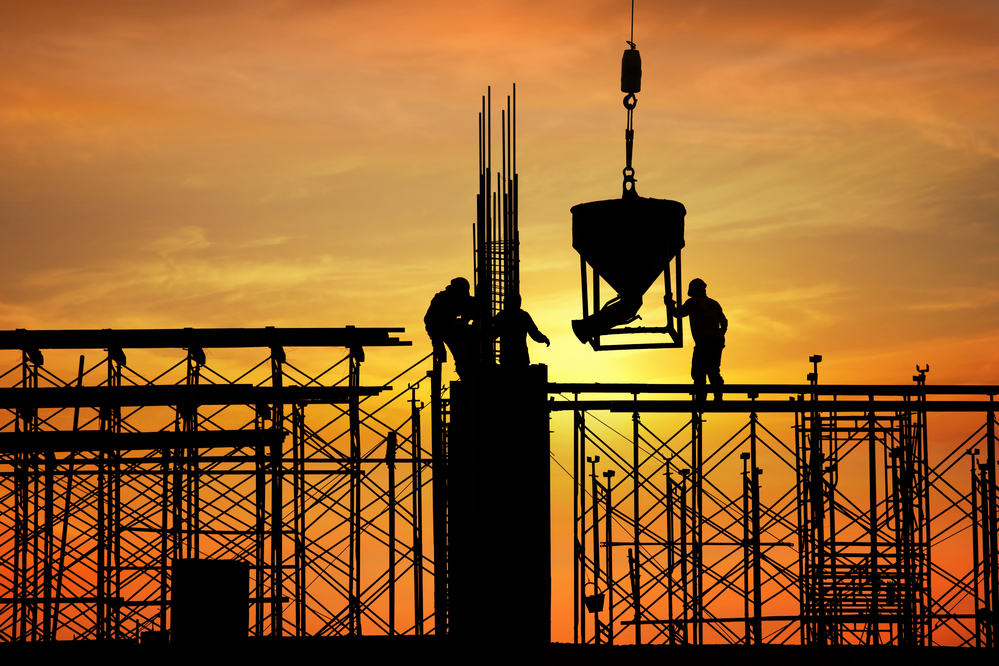Now Reading: Determining Liability in a Construction Zone Accident
-
01
Determining Liability in a Construction Zone Accident

Determining Liability in a Construction Zone Accident
If you drive almost anywhere in Texas, it can seem like there’s always road construction going on. From freeways being extended and expanded to new roads being laid down—and don’t forget about the seemingly never-ending road repairs.
Road crews do work to keep drivers safe and minimize traffic congestion but they can also be a hazard to motorists. A sobering statistic is that Texas saw 582 fatal road work crashes, and this doesn’t include the number of accidents that result in vehicle damage and injuries.
Negligence is the Common Cause of Construction Zone Accidents in Texas
Negligence, in the legal sense, is a failure to exercise reasonable care. What’s reasonable care? This is an action a normal person would or wouldn’t do. Yes, the term normal is a little vague. When it comes to defining negligence, a normal person refers to the actions the majority of people will take.
An example of reasonable care in a construction zone is not leaving debris on the road outside of the work area. A reasonable person will remove the debris before it causes an accident.
Why do you need to understand negligence in a construction zone accident case? Texas is a comparative negligence state and this can affect the value of your accident claim. Comparative negligence means everyone involved in the accident can be assigned some of the blame.
Your compensation amount for the accident is reduced by your percentage of the blame. So, if you’re found to be negligent and are 30% at fault for the accident, your compensation is reduced by the same percentage. Some examples of driver negligence can include speeding, failing to obey posted signs, and driving too close to road workers.
Okay, so you know drivers in and around construction zones can be negligent in an accident. But what about other parties? Who else can be negligent in a roadwork accident?
Road Crew and Construction Company Negligence
Road workers and the company employing them have a responsibility to drivers since they need to maintain what’s considered a safe work zone. This typically means ensuring warning signs are up in all directions. Sometimes, lighting and detour signs are also necessary.
The construction company is also expected to adequately train its personnel. If the road crew fails to put up signs, they may be negligent. The same can also apply to the construction company, especially if it’s lax in its training protocols.
City, County, or State Negligence
The entity responsible for planning and overseeing the road work or maintenance project may also be liable if an accident occurs in or near the construction zone. The entity has a certain amount of responsibility to provide safe roadways for drivers.
If the entity doesn’t properly vet the construction company or doesn’t ensure the work zone is properly marked with signage, they may be negligent.
What to Do After a Construction Zone Accident
Getting into an accident in a construction zone can be a nerve-racking experience—not only are you worried about any potential injuries to yourself and any passengers, but you’re probably also concerned about any road workers nearby.
If you’re involved in a road work accident it’s important to remain calm, panicking isn’t going to help anyone and it can make an already stressful situation worse. So, what should you do after a construction zone accident? There are a few steps you should follow.
Report the Accident Immediately
Texas law lets you wait to report some accidents if there aren’t any injuries or fatalities, and any property damage doesn’t exceed $1,000. However, regardless of the severity of the accident if it occurs in a road work zone you should immediately call the authorities.
You’re going to need a copy of the accident report to file a claim with the insurance company. Don’t forget about comparative negligence rules. You want to establish fault as soon as possible. Waiting to file an accident report may mean you end up being assigned more of the blame. Having law enforcement respond to the accident scene can give them a clearer picture of who’s at fault.
Seek Immediate Medical Attention
You may be walking around after the accident and feel fine other than a little shaky from your nerves. This is good news, you don’t have any obvious injuries but this doesn’t mean skipping a visit to your physician.
Not all injuries are immediately obvious—some, like soft tissue injuries, take a few days to start showing signs and symptoms. Not only does a doctor’s visit help identify any potential injuries before they become serious health problems, but it also provides you with medical documentation. Yes, you do need to provide the insurance adjuster with your medical records if you plan on filing a personal injury claim.
Collect Evidence if Possible
Okay, when you’re collecting evidence don’t turn into your favorite detective or CSI character. You’re not a professional. Your goal is to only collect evidence to help support your accident claim, which can be anything from snapping pictures of your vehicle damage and any visible injuries.
Don’t worry about the other involved driver or road crew—instead, let the authorities handle collecting evidence from them.
If any witnesses are present, go ahead and get their contact information, but don’t start discussing the accident, even though it’s probably tempting to do so in the moment. The negligent party’s insurance adjuster will also talk to the witnesses and they may repeat anything you say. The insurance company can use your statements to try and reduce their percentage of the blame.
Start Assessing Your Damages
If possible, start calculating your damages. This can include your medical expenses and vehicle repair/replacement costs. If the accident forces you to miss work, you should be able to include your lost wages.
You may also be eligible for non-economic damages like mental anguish, pain, and suffering. Your attorney can help you assess all of your accumulated damages.
Contact a Personal Injury Attorney
Before you reach out to the insurance company following an accident, it’s wise to consult with a personal injury attorney.
An attorney can assist you in accurately calculating your damages and ensure that you are not unfairly blamed for more than your share of the incident, if at all. They can also help you establish negligence in your case, which is crucial for initiating the compensation process.
Having an attorney by your side can make a significant difference in how effectively and fairly your claim is handled.










